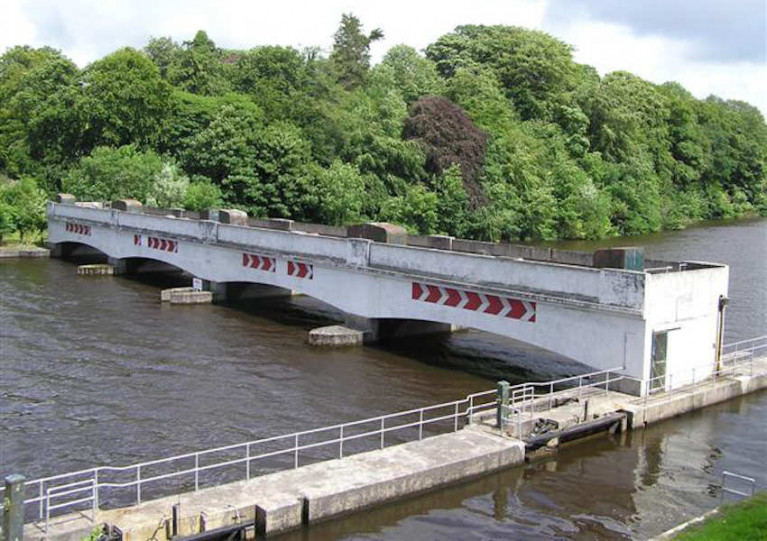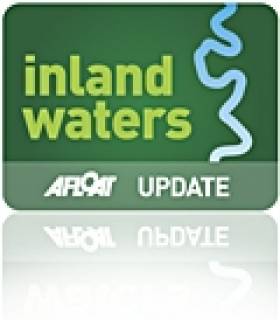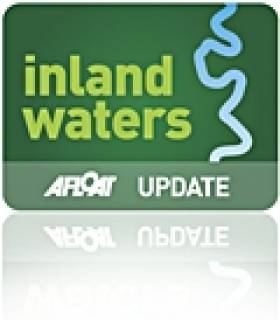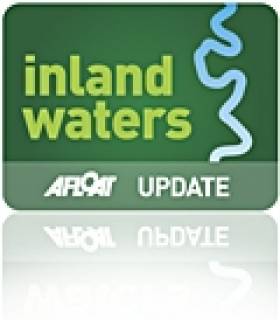Displaying items by tag: Portora Lock
Waterways Ireland advises masters of vessels and inland waterways users that Portora Lock on the Erne System is currently operation.
The lock will be operated daily from 8am to 10.30pm. During these times, a lock-keeper will be present and will complete the operation of the lock gates.
Erne System: Portora Lock Closure for Maintenance This Week
Waterways Ireland advises that Portora Lock on the Erne System near Enniskillen will be closed to boat traffic on Tuesday 19 and Wednesday 20 January to accommodate essential maintenance works to the lock gates.
Masters of vessels on this inland waterway are asked to heed all instructions from safety personnel who will be in the area.
Restricted Erne Navigational Access Through Portora Lock Gates
ERNE NAVIGATION
ENNISKILLEN
PORTORA LOCK
Restricted Navigational Access Through Portora Lock Gates on 2nd & 3rd October 2013.
Waterways Ireland has been advised by the Rivers Agency that due to essential maintenance works, navigational access through Portora Lock Gates will be restricted on Wednesday 2st & Thursday 3nd October 2013 between 8am & 5pm. The lock gates at Portora will be in operation during the maintenance works. Whilst navigational access will be facilitated, delays of up to 1 hour can be expected as the works involve the use of an underwater dive team. Access for emergency services will be prioritised should the need arise.
Rivers Agency apologise for any inconvenience this may cause and will endeavour to keep disruption to a minimum. Anyone wishing to discuss this matter can contact Rivers Agency on 028 6638 8529.
Charles Lawn
Lt Cdr (rtd)
Inspector of Navigation
25 Sep 2013
Tel: 353 90 6494232
Fax: 353 90 6494147
Essential Maintenance at Portora Lock Means Some Disruption to Boat Traffic
#inland – Waterways Ireland advises masters of vessels that The Rivers Agency are undertaking essential lock gate maintenance at Portora lock in Enniskillen, Co. Fermanagh, the only lock on the Erne system. There is expected to be some disruption to traffic over the period of maintenance. Masters are requested to follow instructions given by the onsite safety boat.
Fast flow at Portora, Enniskillen
#Erne – As a result of fast river flow On the Erne system at Enniskillen, Portora Lock is presently closed. Also, a defective sluice gate on the weir means there are fast flow rates in the vicinity of the lock. Waterways Ireland has issued a warning to Masters to proceed with caution if navigating in the vicinity of the lock.
































































